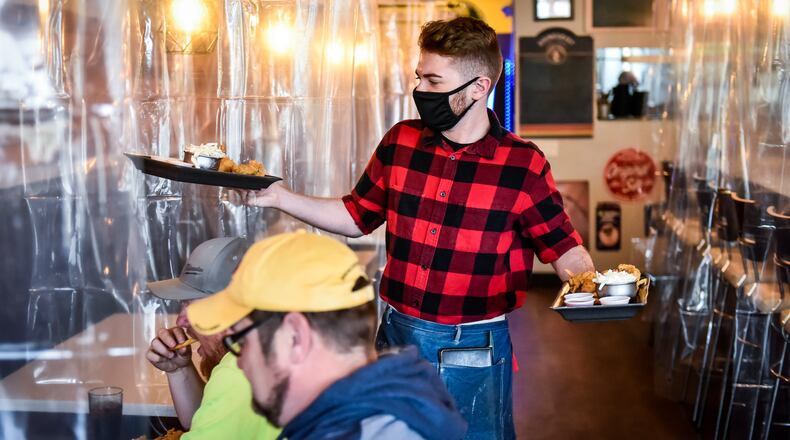Opponents include trial lawyers and AARP Ohio. And Disabilty Rights Ohio has raised concerns that HB606 would allow for discrimination against people with disabilities, such as rationing of care.
AARP Ohio, which has 1.5 million members statewide, said in written testimony that the legislation would create broad waivers of liability that would place barriers to injured parties seeking redress, including those harmed, neglected or abused in nursing homes or long term care facilities.
During the COVID pandemic, fewer eyes are observing what’s happening inside Ohio nursing homes, said AARP Ohio lobbyist Holly Holtzen. “Ohio should not strip away the rights and protections of residents.”
Fred Gittes, a Columbus-based employment lawyer, called the measures “extreme” and noted that the legislation calls for blocking professional boards from disciplining bad actors for reckless acts during emergencies or disasters. “And no one has been able to justify it.”
State Rep. Diane Grendell, R-Chesterland, sponsor of HB606, said businesses will be held accountable for reckless acts.
“ It doesn’t mean customers are no longer protected, it means lawyers have to actually prove customers were recklessly endangered. Business owners can’t stay in business if they purposely put their customers in harm’s way. But these are unprecedented times” she said. “They, and their customers, deserve a little peace of mind too.”
Pete Van Runkle, director of Ohio Health Care Association, which represents 1,100 nursing homes and assisted living centers, testified in favor of the legislation, arguing the the COVID-19 pandemic has placed enormous demands on long term care facilities. “This reality underscores most clearly that the ordinary principles of liability are not appropriate.”
He noted that House Bill 606 still allows people to sue a health care provider for intentional, egregious conduct.
Former Ohio Supreme Court justice Eve Lundberg Stratton, representing the Ohio Council of Retail Merchants, testified that retailers and businesses need relief from the threat of lawsuits if they reopen.
“Changing science, shifting governmental orders, the lack of equipment and other issues means that what is expected of retailers and what is expected of the rest of us when we visit a retailer is unclear,” she said in written testimony.
SB308 would grant immunity to health care providers during an emergency or disaster and extend the immunity to professional discipline. The immunity wouldn’t apply in cases of intentional, willful or wanton misconduct. Senate leaders say the bill could get a floor vote next week.
HB606 would expand immunity for health care workers and also expand general immunity for businesses during the COVID19 emergency.
House Speaker Larry Householder, R-Glenford, said discussions are being held with Senate leaders to work out differences between the two bills.
About the Author

